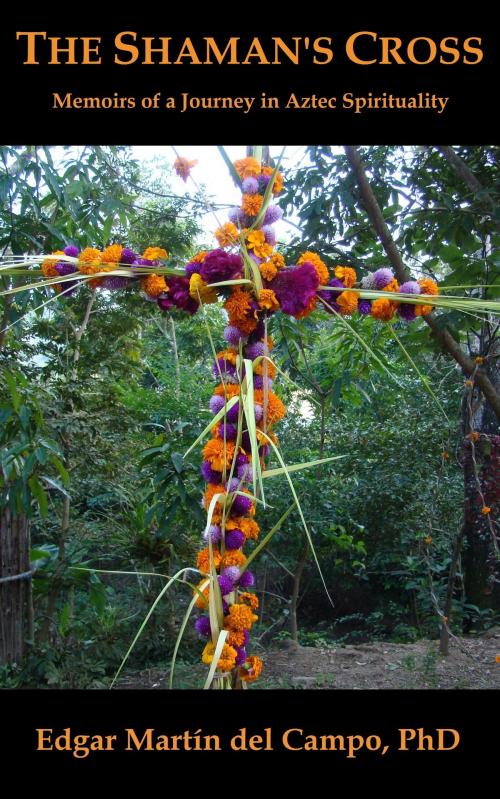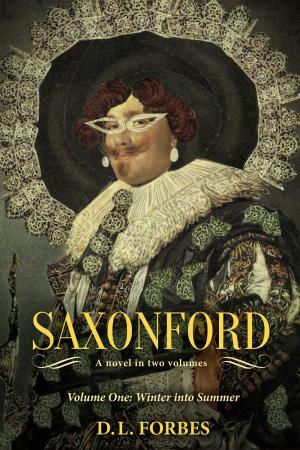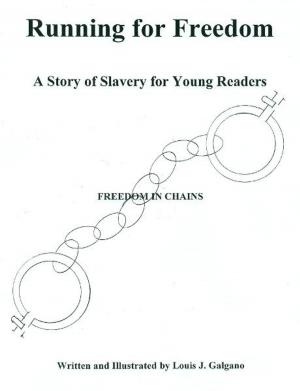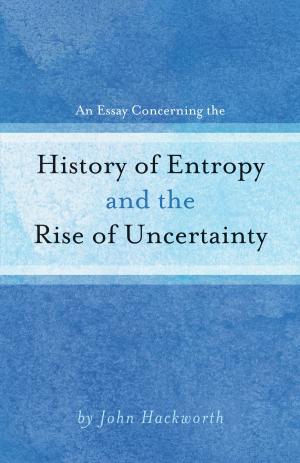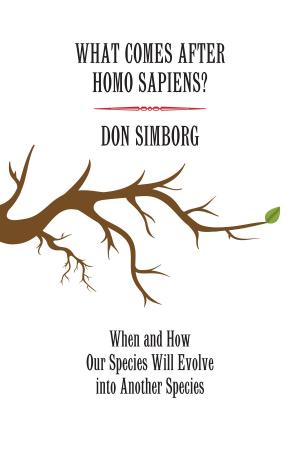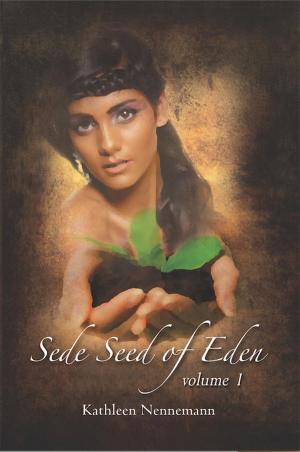The Shaman's Cross
Memoirs of a Journey in Aztec Spirituality
Nonfiction, Religion & Spirituality, Philosophy, Mind & Body| Author: | Edgar Martin del Campo | ISBN: | 9781483515694 |
| Publisher: | BookBaby | Publication: | November 30, 2013 |
| Imprint: | Language: | English |
| Author: | Edgar Martin del Campo |
| ISBN: | 9781483515694 |
| Publisher: | BookBaby |
| Publication: | November 30, 2013 |
| Imprint: | |
| Language: | English |
Living for several months among Aztec and Otomí villages in Veracruz, anthropologist Edgar Martín del Campo discovered a native spirituality with deep connections to Mexico's ancient civilizations. His memoir tells of the profound wisdoms he received while exploring their supernatural world, through revelations that would forever change his life. Edgar Martín del Campo had already been following magic-based practices before arriving into the villages, and this tale is about how his pursuits of spiritual knowledge and psychic development collided with the natives' own traditions—as well as their hardships. "The Shaman's Cross" follows the real-time course of milestone events through nine months in Mexico between 2004 and 2005, including sacrifices to nature gods, visits to ancient temples, confrontations with evangelical missionaries, and the observances of sacred holidays. Through these encounters Martín del Campo explores how modern Mesoamerican religions retain their ancient foundations. Thus he came to appreciate the resilience of their most fundamental principles from millennia ago. The most important teachings come from communal knowledge, insights shared among ritual specialists and lay villagers alike: the living and powerful qualities of the universe, and Man's ritual responsibilities to ensure its harmony. "The Shaman's Cross" also highlights how the Aztec and Otomí peoples have creatively incorporated Christianity into their native traditions, such as the Days of the Dead and harvest thanksgivings. The memoir's six parts are named after maize growth stages to compare with the author's spiritual development through the tale. They also feature digressions connecting the events at hand to other life milestones, to illustrate how reflections from native villages pertain to his daily life—and perhaps others'. With vivid details that are grounded in professional anthropology, "The Shaman's Cross" is one of the most authentic and comprehensive personal accounts of Mesoamerican spirituality, with comparisons across Mexico's Precolumbian, colonial, and modern epochs. It provides valuable lessons on the modern relevance and responsibilities of indigenous knowledge. shamanscross.com
Living for several months among Aztec and Otomí villages in Veracruz, anthropologist Edgar Martín del Campo discovered a native spirituality with deep connections to Mexico's ancient civilizations. His memoir tells of the profound wisdoms he received while exploring their supernatural world, through revelations that would forever change his life. Edgar Martín del Campo had already been following magic-based practices before arriving into the villages, and this tale is about how his pursuits of spiritual knowledge and psychic development collided with the natives' own traditions—as well as their hardships. "The Shaman's Cross" follows the real-time course of milestone events through nine months in Mexico between 2004 and 2005, including sacrifices to nature gods, visits to ancient temples, confrontations with evangelical missionaries, and the observances of sacred holidays. Through these encounters Martín del Campo explores how modern Mesoamerican religions retain their ancient foundations. Thus he came to appreciate the resilience of their most fundamental principles from millennia ago. The most important teachings come from communal knowledge, insights shared among ritual specialists and lay villagers alike: the living and powerful qualities of the universe, and Man's ritual responsibilities to ensure its harmony. "The Shaman's Cross" also highlights how the Aztec and Otomí peoples have creatively incorporated Christianity into their native traditions, such as the Days of the Dead and harvest thanksgivings. The memoir's six parts are named after maize growth stages to compare with the author's spiritual development through the tale. They also feature digressions connecting the events at hand to other life milestones, to illustrate how reflections from native villages pertain to his daily life—and perhaps others'. With vivid details that are grounded in professional anthropology, "The Shaman's Cross" is one of the most authentic and comprehensive personal accounts of Mesoamerican spirituality, with comparisons across Mexico's Precolumbian, colonial, and modern epochs. It provides valuable lessons on the modern relevance and responsibilities of indigenous knowledge. shamanscross.com
